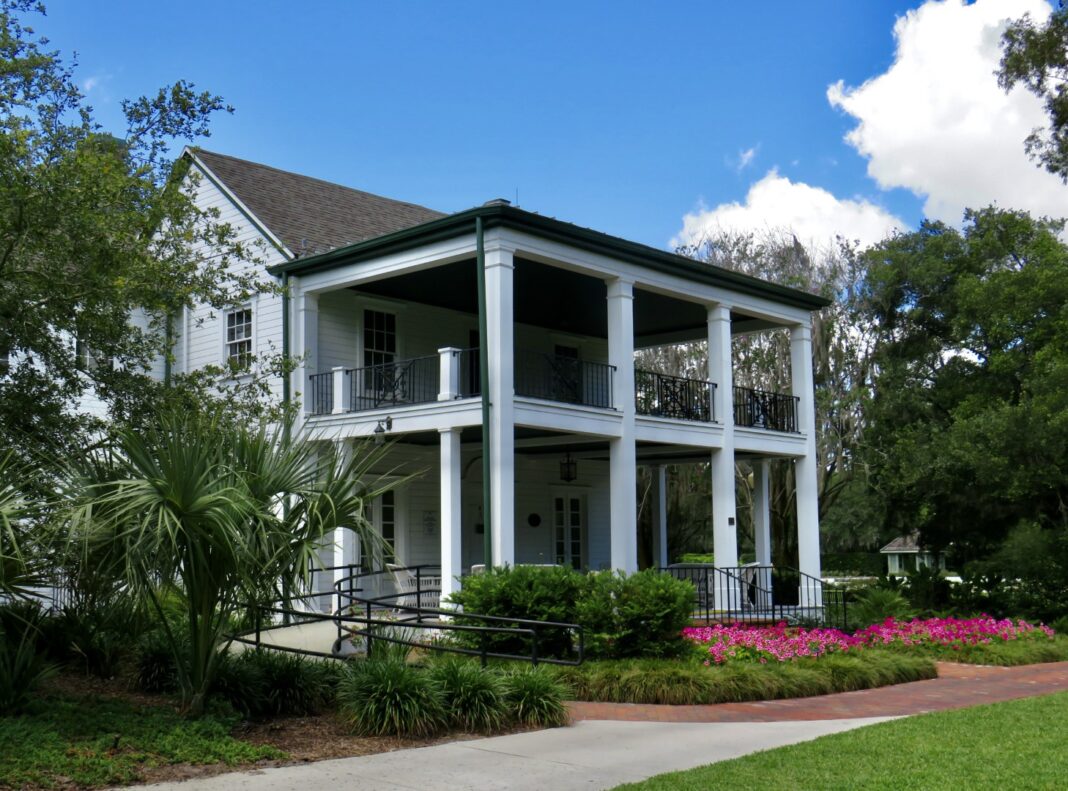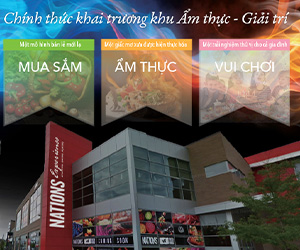Digging into gardens, art and food is my thing. So, on a recent trip to Orlando, I avoided the theme parks and did just that.
Harry P. Leu Gardens, about three miles northeast of the city’s central business district, offered nearly 50 acres of flora with more than 40 plant collections. It has the largest camellia garden in the United States. Meeting up with Tracy Micciche, who is in charge of the garden events and marketing, I learned a little background on Harry P. Leu and his wife Mary Jane who started it all.
Henry Leu was an industrialist and an Orlando native. Mary Jane was originally his secretary. They fell in love, married, and traveled the world, bringing back plants to enhance their estate. They were especially fond of camellias, roses, and azaleas. The gardens also feature tropical species such as bromeliads, palms, and bird-of-paradise. There’s an herb garden, butterfly garden, vegetable garden, arid garden (no irrigation), and a white garden that features only plants with white blooms.
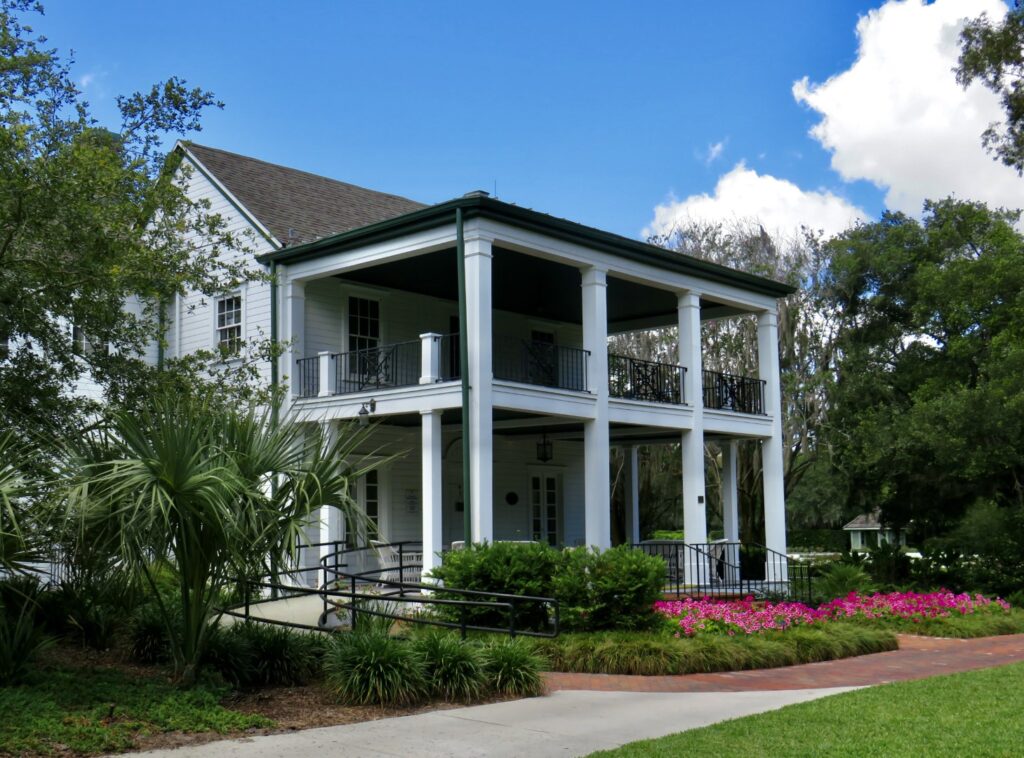
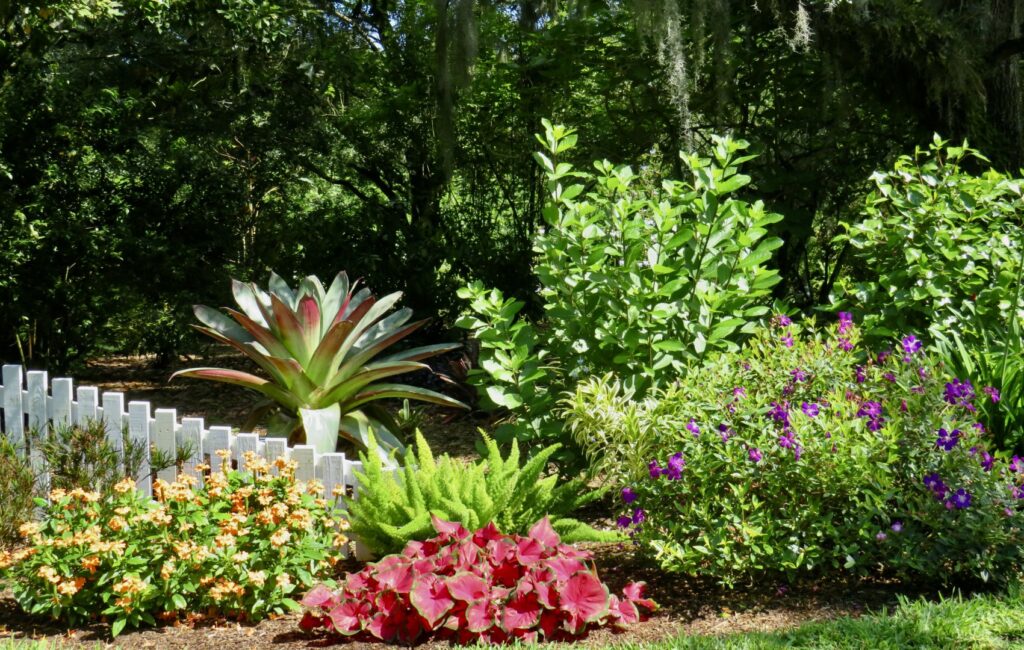
The Leus donated the gardens as well as their historic home to the city in 1961. Wandering through the trails, breathing in the heady scent of roses, I learned that before the Leus, the property had belonged to several different families. The Mizell cabin is still on the property. David Mizell was a Confederate in the Civil War. He switched sides afterward and became a sheriff.
The Pells came next. David Pells caused a scandal when he divorced his wife and married an 18-year-old silent film star by the name of Helen Garner Pell. Finally, the Woodwards used the estate as a winter retreat from their home up north and were the first to bring cars to Orlando.
“The gardens office was once their garage,” explained Micciche.
After sitting vacant for some years, the Leus bought the property and transformed it into a botanical paradise.
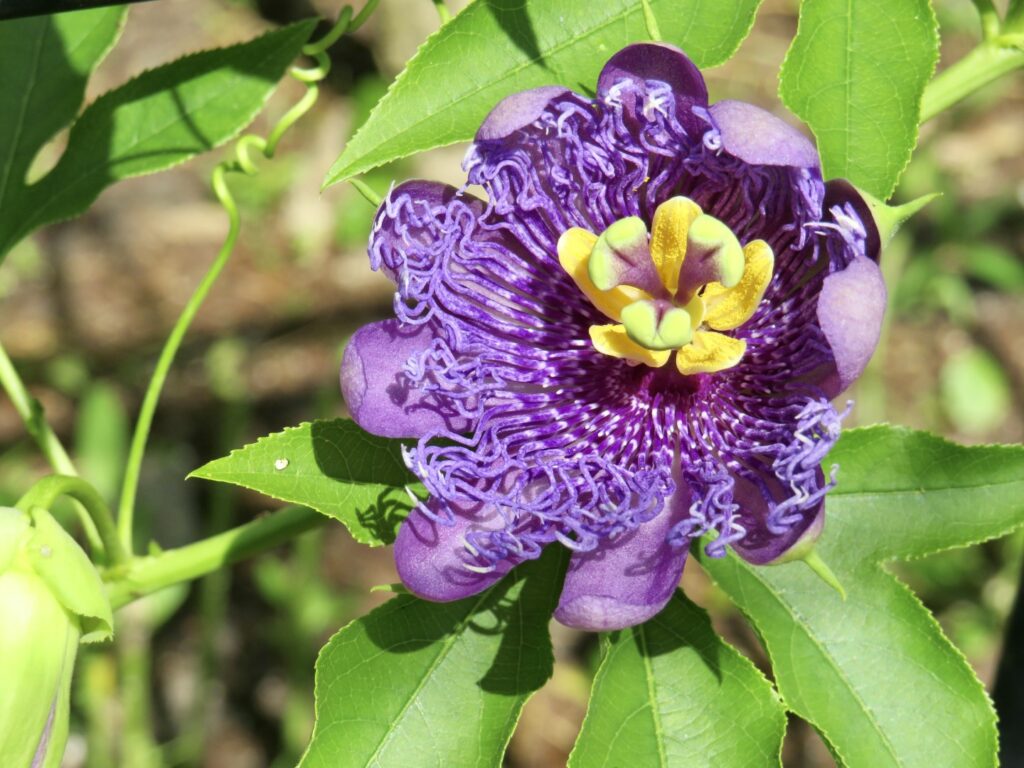
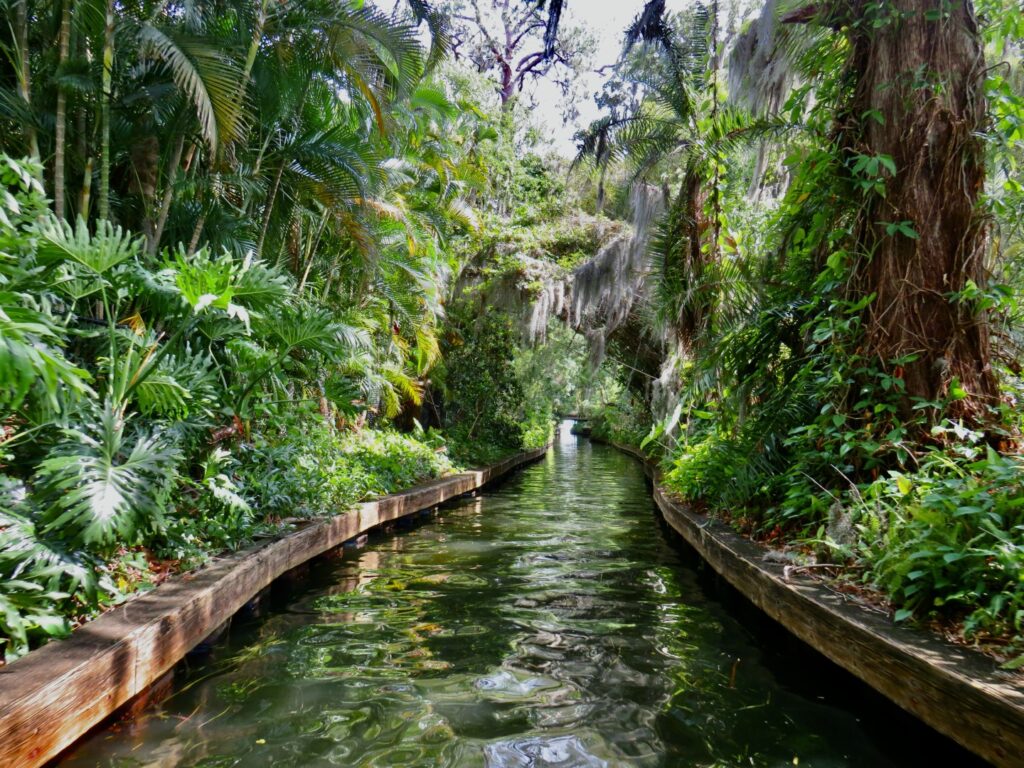
Orlando and the area can get hot, so after the garden tour it was a relief to enter the air-conditioned halls of the Charles Hosmer Morse Museum of American Art. Located in Winter Garden, part of the Orlando metropolitan area, the museum is around 14 miles west of downtown Orlando. What we found there was room after room of works by Louis Comfort Tiffany who lived from 1848 to 1933.
On display were leaded-glass lamps, unique windows, objects, and architectural elements acquired from Tiffany’s Long Island estate Laurelton Hall before it was demolished. But most fascinating for me was the Byzantine-Romanesque chapel interior he had created for the World’s Columbian Exposition in Chicago in 1893. After the exposition the chapel was moved to the crypt of New York’s Cathedral Church of Saint John the Divine. Ten years later it fell into disrepair. Tiffany restored it and installed it in on his property.
The museum was founded in 1942 by Jeannette Genius McKean in honor of her grandfather Charles Hosmer Morse who was a Chicago machinery manufacturer during the Industrial Revolution. He retired to Winter Park and became one of the town’s major benefactors.
McKean’s husband Hugh F. McKean was an artist who had studied at Tiffany’s Laurelton Hall estate in 1930. He was the museum’s director for 53 years and helped advance the appreciation of Tiffany on a national scale.
By the time we were finished at the museum, it was nearing the end of the day. Since it was a little cooler, we headed a few blocks east to Lake Osceola and hopped on a scenic boat tour. The boat held 18 passengers and was open to the elements due to several low bridges we had to navigate under. Our one-hour cruise took us through three lakes and two narrow, man-made canals. Passing opulent homes and Rollins College, founded in 1885, our guide told us Winter Park is Central Florida’s oldest community, founded by wealthy northerners in the 1800s.
The next day I was famished and dying to check out Mills 50. What’s Mills 50? One of Orlando’s oldest neighborhoods. It’s named after intersecting thoroughfares, Mills Avenue, and State Road 50. The gastronomic focus here is Asian and Pacific Rim. We were joined by Ricky Ly, an Orlandoan with a food blog called tastychomps.
Ly, who is also a civil engineer met us at Thien Hung grocery store. I started with a Vietnamese/Japanese coffee with sesame foam. Delicious. Thien Hung is one of the oldest Vietnamese markets in Orlando and was opened in the 1980s.
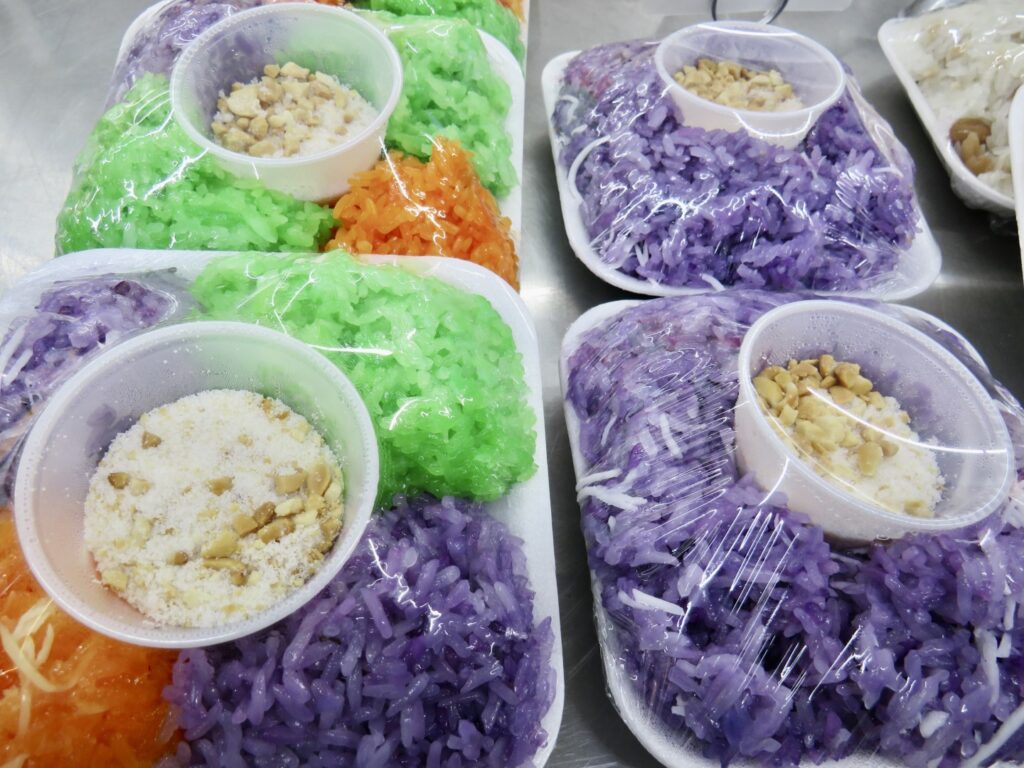
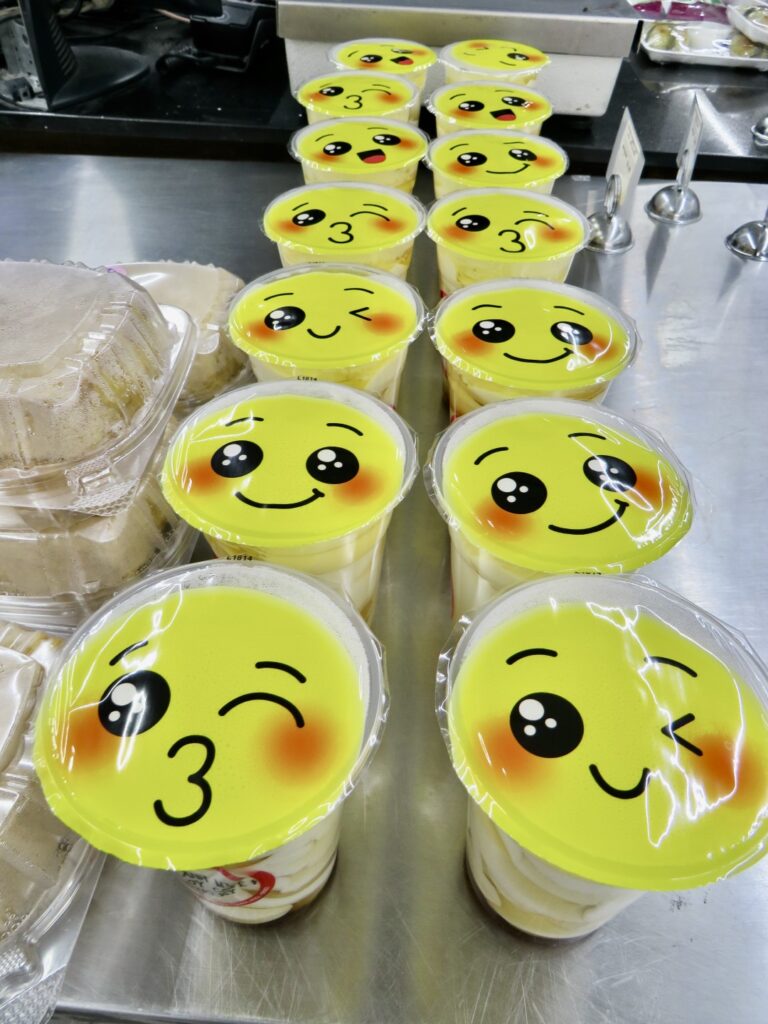
“The family came after the fall of Saigon,” Ly explained.
The family also owns a few shops along the strip, including the jewelry store next door. That’s where Ly introduced me to Cecilia Nguyen.
“She was Miss Vietnam Florida in 2004 and 2008 she took over the grocery store,” said Ly.
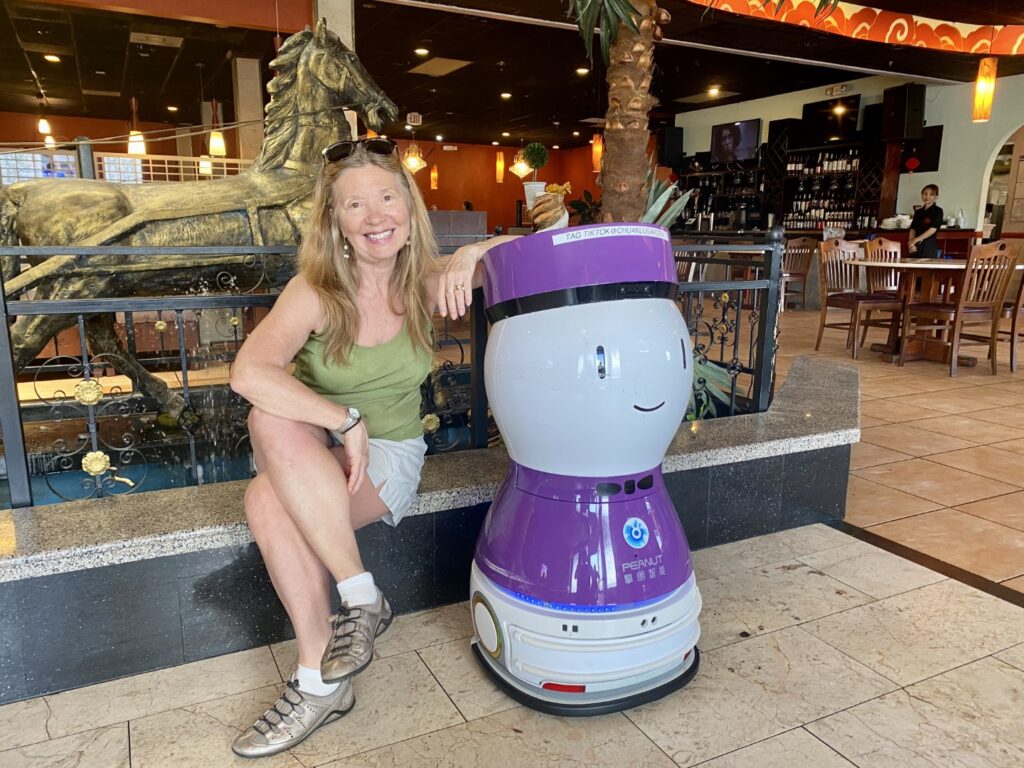
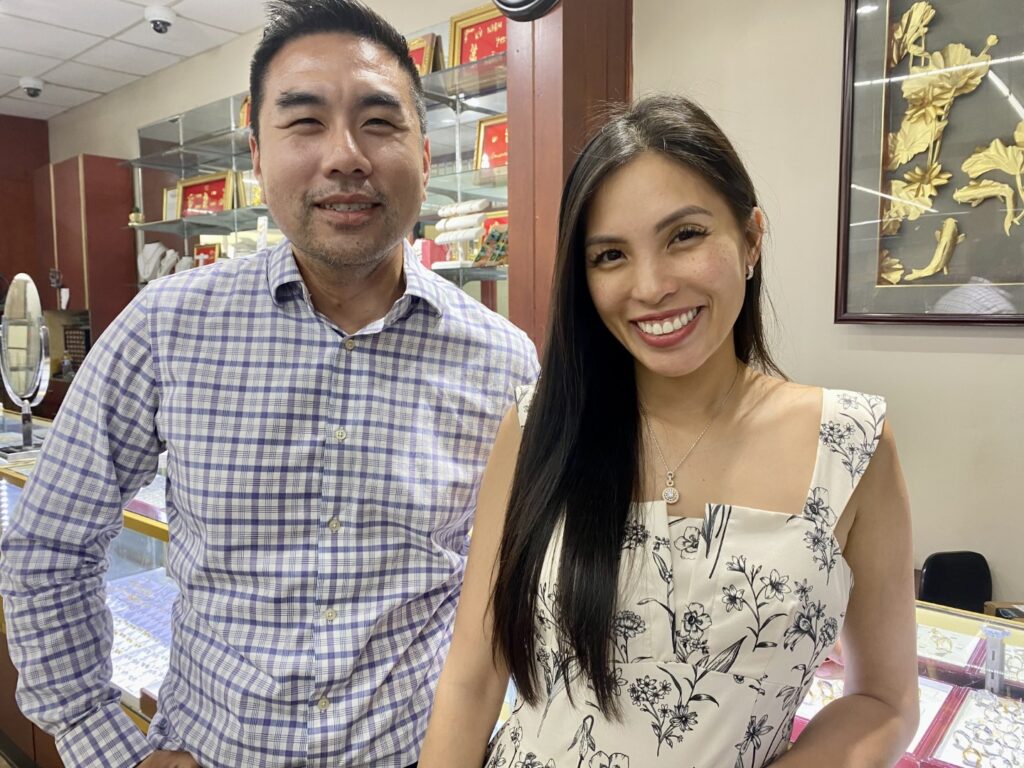
The grocery store was undergoing a transformation during our visit. Shelves were being cleared and trays of prepared foods were on display.
“I plan to make it more of a grab-and-go destination, with Vietnamese and fusion foods,” Nguyen explained.
Another highlight of our food explorations was Zaru, which received a Michelin Guide Bib Gourmand rating for its hand-made Japanese udon noodles.
Finally, with the tiny bit of room I had left, I dipped into a devilishly good Filipino-style ice cream at Sampaguita Ice Cream & Bakeshop. I had the velvety chocolate peanut, and other flavors included soy sauce butterscotch, ube latte, and banoffee pie.
Think you know Orlando? Think again and you’ll find cultural surprises and cuisine that pops.


